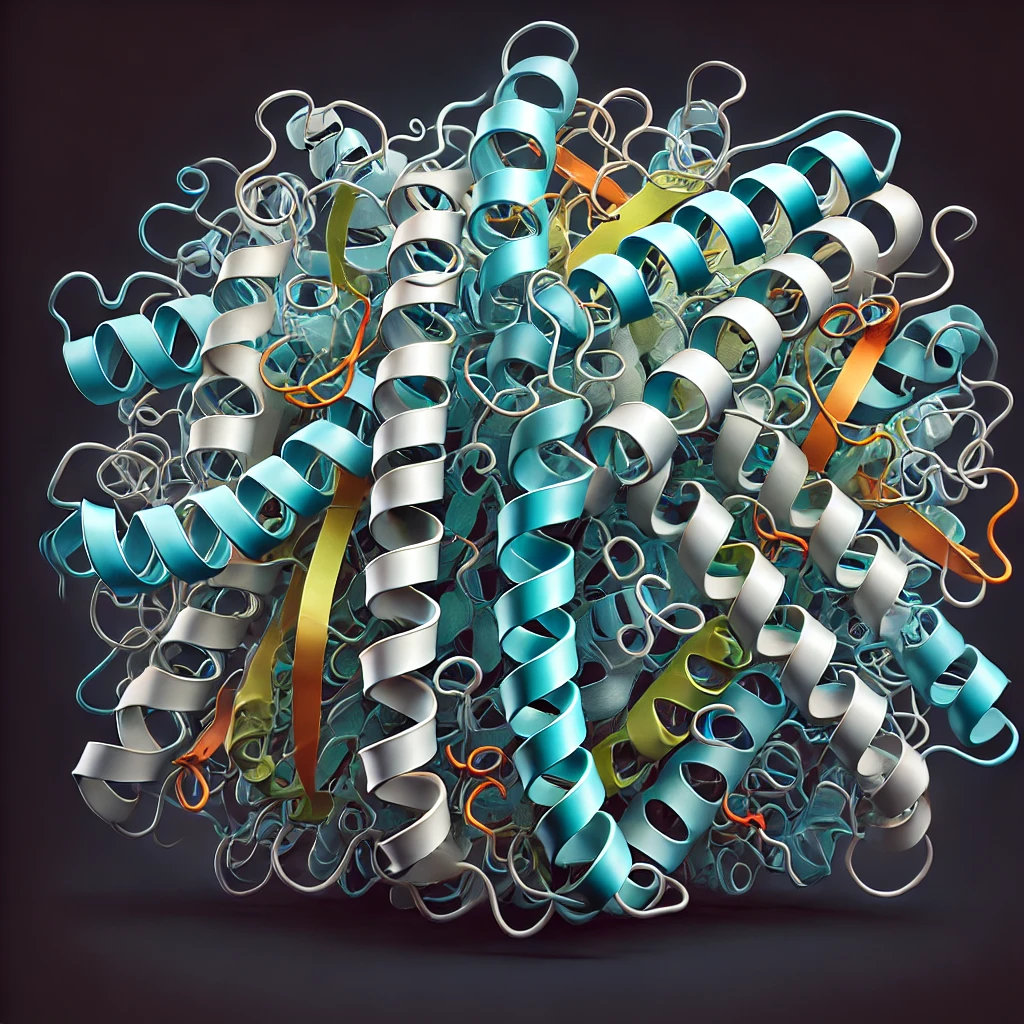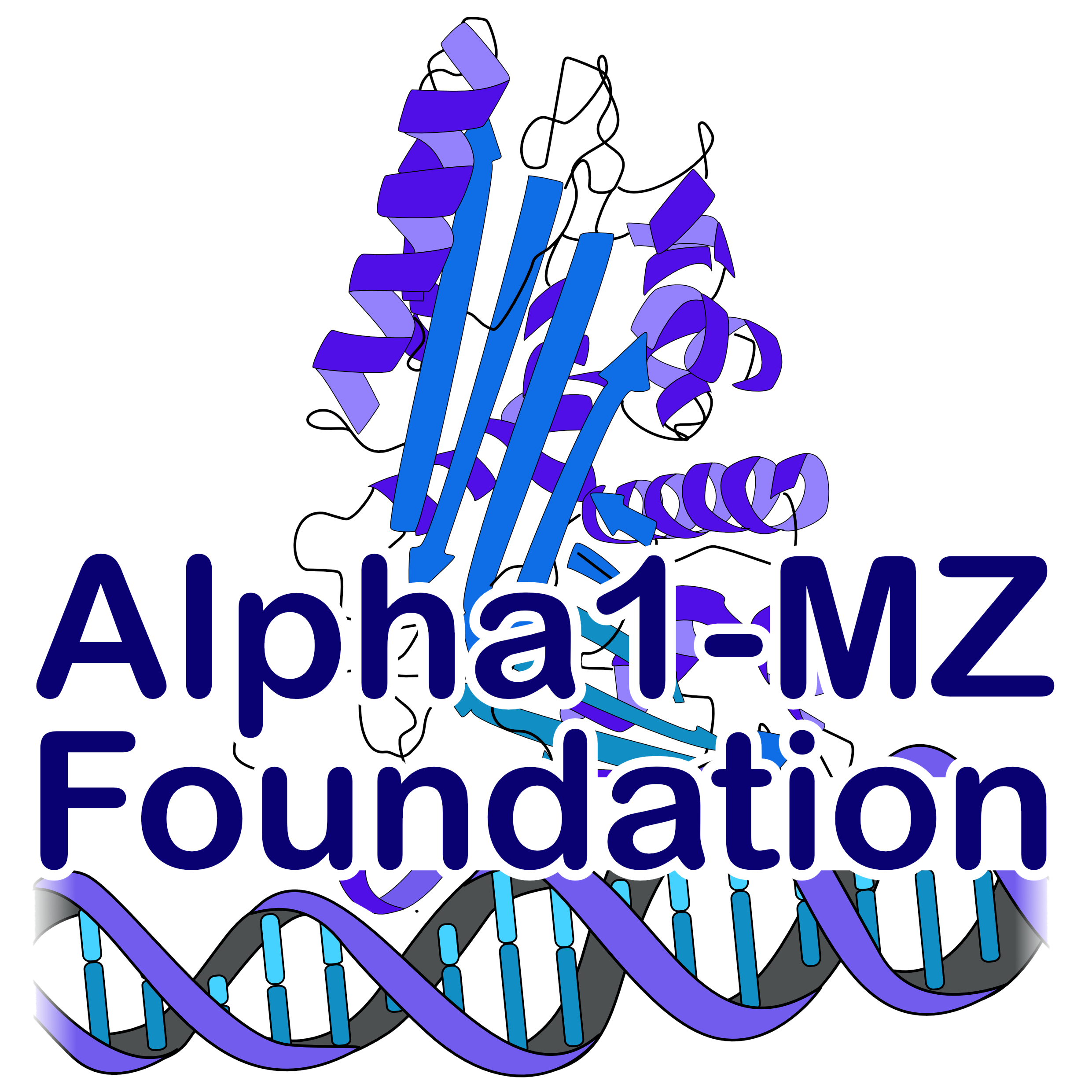What is alpha-1-antitrypsin deficiency?
A tiny protein with a huge effect:
the importance of alpha-1-antitrypsin
Alpha-1-antitrypsin deficiency is a genetic disorder that occurs when there is a severe lack of a protein in the blood called alpha-1 antitrypsin (AAT). This protein is mainly produced by the liver. Alpha-1-antitrypsin deficiency (AATD) often goes undiagnosed because it manifests in so many different ways. In AATD, the alpha-1 antitrypsin is abnormal due to a defective gene and cannot be properly released from the liver into the blood stream. This leads to a build-up of abnormal AAT in the liver that can cause liver disease.

Although alpha-1-antitrypsin can be found in all body tissues, this protein plays an important role in the lungs. As the lungs are often exposed to pathogens, tobacco smoke and pollutants in the air, the body uses an enzyme called neutrophil elastase to destroy such pathogens. However, this enzyme cannot distinguish between foreign substances and the body’s own tissue, and therefore the body needs some kind of a “turn off switch” to protect its own tissues from degradation by neutrophil elastase. AAT regulates and provides the right balance of neutrophil elastase to avoid damage of other tissue. Since alpha-1 patients lack this important protein, their lungs can become increasingly damaged. They are not only more likely to have lung problems such as emphysema and bronchiectasis, but because the AAT forms clumps in the liver, liver disease can occur.
Genetics
Alpha-1-antitrypsin deficiency is inherited in an autosomal codominant manner, which means each person inherits one copy of the gene from each parent, and both copies affect the amount of alpha-1-antitrypsin produced. AATD is caused by mutations in the SERPINA1 gene, which leads to low levels and/or abnormal forms of the AAT protein. In AATD, the different mutations of this gene are denoted by letters, which represent different variants of the alpha-1-antitrypsin protein. Each of these variants affects the production, structure and function of the AAT protein differently. The common alleles for AATD are M (normal), S (moderate deficiency) and Z (severe deficiency). Different combinations from each parent result in various levels of AAT and associated health risks.
MZ Alphas
This website is dedicated to Alphas with the MZ-genotype.They have one normal allele and one faulty allele, the Z-allele.
Alpha-1 antitrypsin deficiency with genotype MZ, which affects about 4% of the population and more than 35 million persons globally, often goes underdiagnosed and its symptoms are regularly (dis)missed. MZ Alphas are usually considered “just carriers”, but a growing number of studies show that Alpha-1 MZ individuals have an increased risk of developing lung and/or liver disease. Since Alpha 1 MZ is very hard to diagnose, a large percentage of the 35 million MZ’s globally are not receiving proper medical care.
